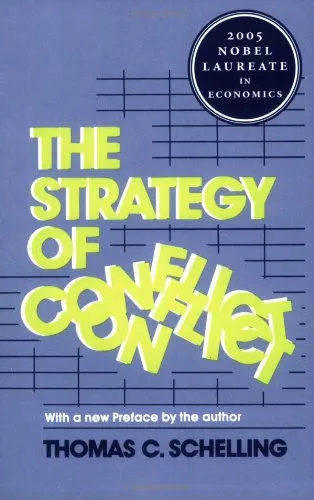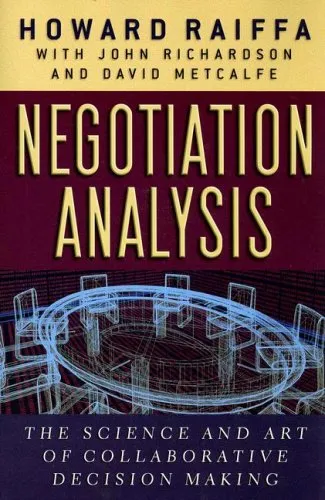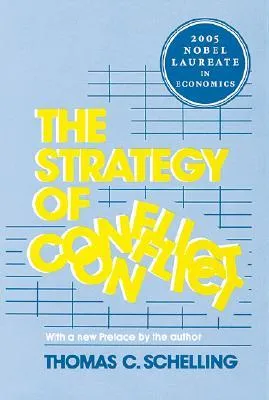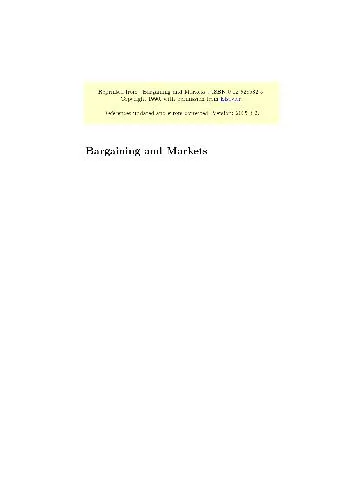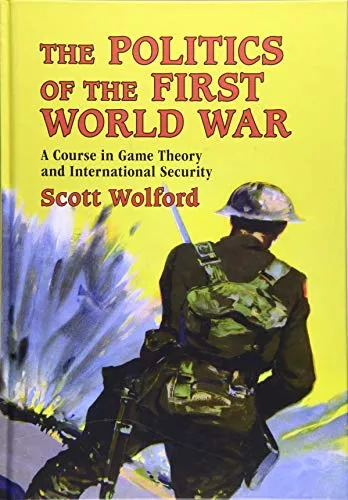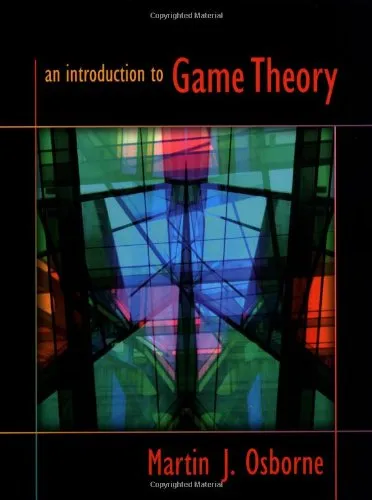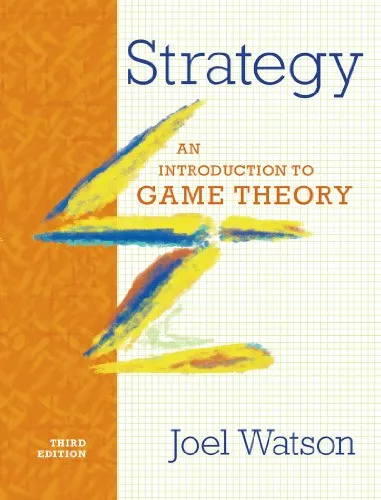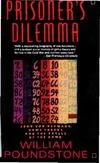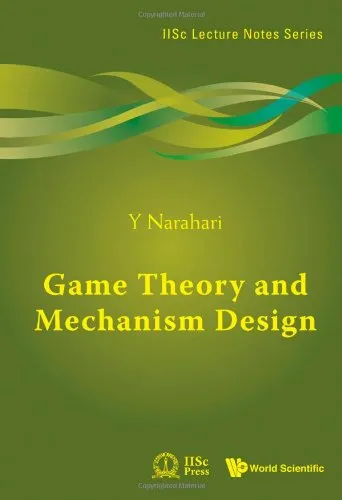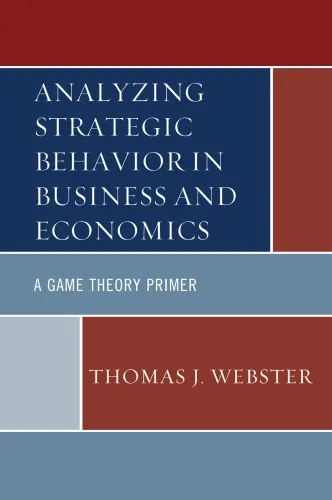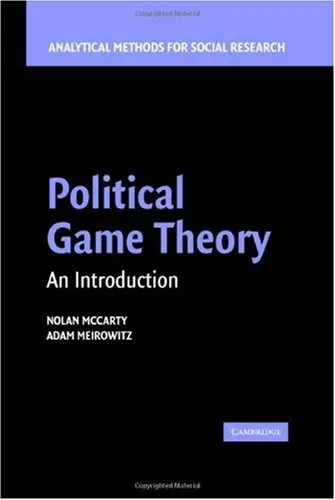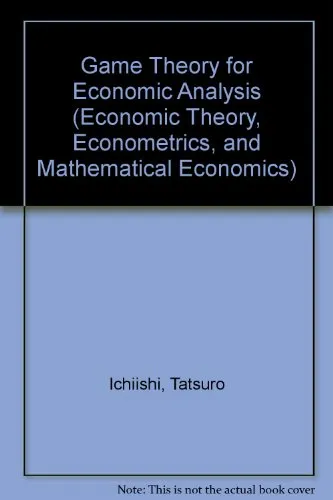The Strategy of Conflict
4.5
Reviews from our users

You Can Ask your questions from this book's AI after Login
Each download or ask from book AI costs 2 points. To earn more free points, please visit the Points Guide Page and complete some valuable actions.Related Refrences:
Introduction
Welcome to 'The Strategy of Conflict', a pioneering work on game theory and its application to real-world conflicts and strategy. Written by Thomas C. Schelling, this book offers profound insights into how individuals or nations can strategize and negotiate, whether in economics, politics, or warfare. Schelling's exploration of conflict, cooperation, and strategic moves has instigated a paradigm shift in strategic thinking and has become a foundational text in the fields of economics, political science, and beyond.
Detailed Summary of the Book
This book delves into the paradox of conflict and cooperation, examining how rational actors can reach an equilibrium in competitive situations. Schelling presents conflict not as a zero-sum game but as a situation containing elements of both competition and cooperation. By employing game theory, he dissects the dynamics of strategy, focusing on the power of threats, promises, and commitments.
The early chapters lay the groundwork by introducing the basic principles of game theory, with particular attention to the distinction between "moves" and "games". Schelling further explores "tacit bargaining" where communication is minimal but players arrive at an understanding. This groundbreaking idea has profound implications for a wide range of fields, from diplomatic negotiations to business deals.
As the book progresses, Schelling focuses more on international relations, offering insight into the Cold War era's nuclear strategy conundrums. He demonstrates how limited war can be a tool for negotiating peace and avoiding mutually assured destruction. His analyses are supported by case studies and theoretical frameworks, making complex concepts accessible and immensely relevant.
Key Takeaways
- The importance of credible threats and promises in strategic interactions.
- The role of communication and coordination in conflict resolution.
- Understanding "focal points" as key to resolving bargaining dilemmas.
- The strategic value of commitments and how they shape interactions.
- Insights into limited war and the parity of power in international relations.
Famous Quotes from the Book
"The one thing you should know about playing chicken is that you must avoid playing chicken."
"To study diplomacy... is to study polyphonic violence horae contrapuncted by peace."
Why This Book Matters
'The Strategy of Conflict' is not merely a text on game theory but a profound exploration of human behavior in competitive contexts. Thomas C. Schelling's work has bridged gaps between theoretical frameworks and practical applications, offering valuable insights into pressing global issues. His perspective on conflict—and more importantly, how to resolve it—resonates today as nations and organizations navigate complex strategic landscapes.
This book continues to be a seminal work because it empowers readers with the toolkit to analyze conflicts and strategize effectively. It has influenced a generation of strategists, economists, and policymakers, embedding itself into foundational curricula across academic institutions worldwide.
Free Direct Download
You Can Download this book after Login
Accessing books through legal platforms and public libraries not only supports the rights of authors and publishers but also contributes to the sustainability of reading culture. Before downloading, please take a moment to consider these options.
Find this book on other platforms:
WorldCat helps you find books in libraries worldwide.
See ratings, reviews, and discussions on Goodreads.
Find and buy rare or used books on AbeBooks.
1601
بازدید4.5
امتیاز0
نظر98%
رضایتReviews:
4.5
Based on 0 users review
Questions & Answers
Ask questions about this book or help others by answering
No questions yet. Be the first to ask!
